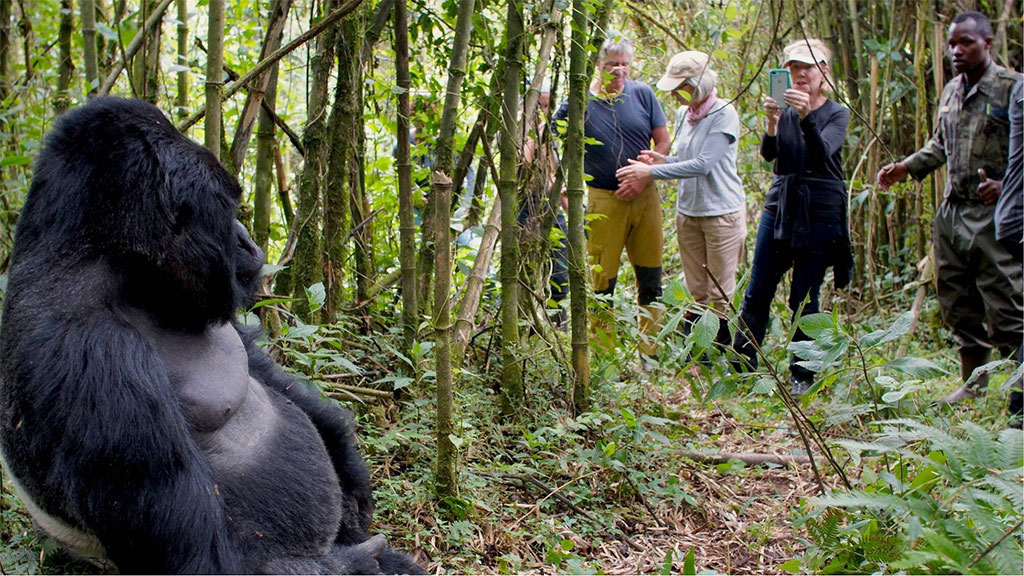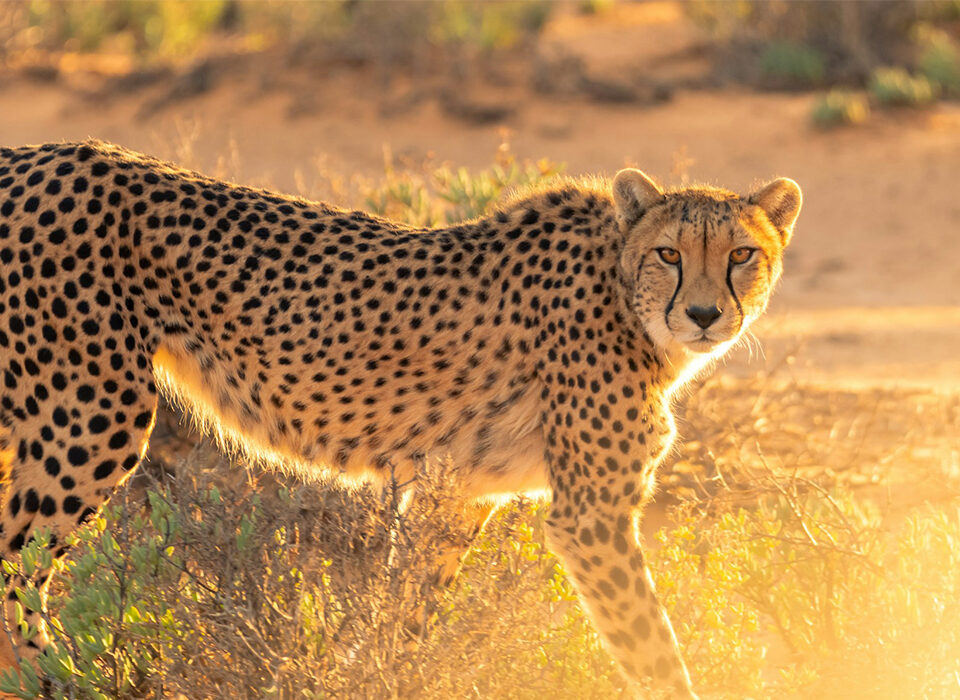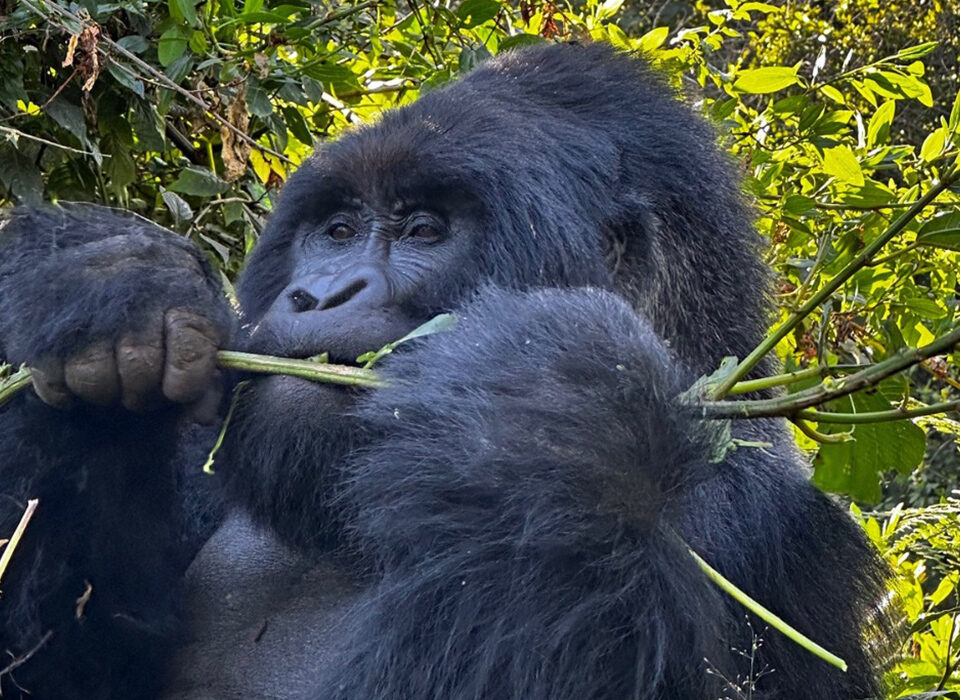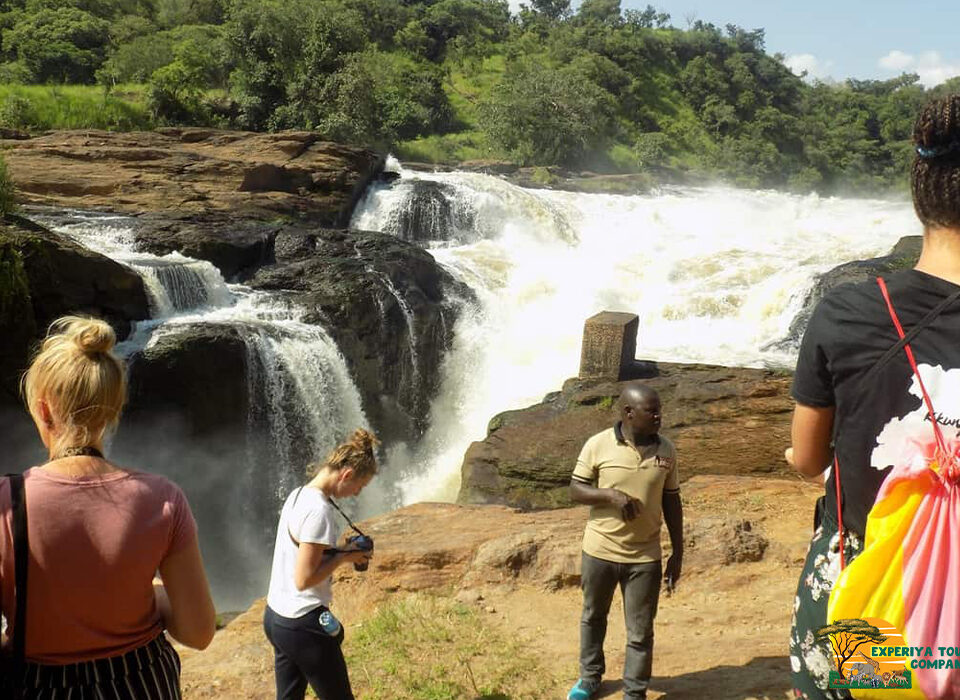
Uganda Safari Tips for First-Timers
November 20, 2025
Uganda Private Tours: Why They’re Worth It
November 21, 2025Uganda Tours for Eco-Friendly Travelers
Uganda, often celebrated as the Pearl of Africa, is one of the most captivating destinations for eco-friendly travelers seeking meaningful, responsible, and sustainable tourism experiences. With its lush rainforests, thriving wildlife populations, volcanic mountains, sweeping savannahs, and vibrant local cultures, Uganda offers an abundance of opportunities for travelers who want to explore while minimizing their environmental footprint. Whether you’re passionate about wildlife conservation, cultural preservation, sustainable travel practices, or simply immersing yourself in nature, Uganda provides a perfect balance of adventure and eco-conscious exploration.
Eco-friendly travel in Uganda not only enhances your own travel experience but also supports communities, protects endangered species, and contributes to environmental conservation. From low-impact gorilla trekking and ethical wildlife encounters to eco-lodges built with natural materials and community-led tourism initiatives, Uganda stands as one of Africa’s most progressive destinations for sustainable tourism. Travelers can experience breathtaking landscapes while directly contributing to local development and wildlife protection.
This detailed blog explores why Uganda is ideal for eco-friendly travelers, the best sustainable tour activities, eco-lodges to consider, community-based experiences, responsible wildlife viewing tips, and how you can make your Uganda journey greener without compromising enjoyment or comfort. Whether you’re a seasoned eco-traveler or beginning your sustainability journey, Uganda promises a rewarding and impactful adventure.
Why Uganda Is Perfect for Eco-Friendly Travel
Rich Biodiversity and Protected Areas
Uganda is home to diverse ecosystems such as tropical rainforests, montane forests, wetlands, grasslands, and lakes. National parks and reserves play a critical role in protecting endangered species including mountain gorillas, chimpanzees, golden monkeys, and the rare shoebill stork.
Strong Conservation Programs
Uganda is a leader in conservation. Gorilla trekking permits fund the protection of gorilla habitats and provide vital revenue for anti-poaching patrols and community development.
Community-Based Tourism
Local communities play a major role in tourism. Many eco-tourism programs empower women, youth, and indigenous groups such as the Batwa.
Eco-Lodges and Low-Impact Accommodation
Uganda offers a growing number of eco-lodges designed with sustainability in mind—using solar energy, rainwater harvesting, natural materials, and minimal waste policies.
Sustainable Safari Practices
Uganda promotes responsible wildlife viewing, proper trekking etiquette, and minimal environmental disturbance, making it perfect for eco-conscious travelers.
Eco-Friendly Activities and Tours in Uganda
Uganda offers many eco-friendly experiences that protect nature while celebrating the country’s cultural and environmental heritage.
Gorilla Trekking in Bwindi Impenetrable National Park
Uganda’s gorilla trekking is one of the most eco-conscious wildlife activities in Africa. Strict regulations ensure minimal disturbance to gorillas and habitat preservation.
Sustainable features include:
Limited number of permits
No flash photography
No physical interaction with gorillas
Strict distancing rules
Use of local trackers and porters
Trekking supports conservation programs and local livelihoods.
Chimpanzee Tracking in Kibale Forest
Kibale Forest is one of the most biodiverse ecosystems in Africa. Chimp tracking supports research programs and primate conservation.
Visitors enjoy:
Ethical wildlife encounters
Forest walks
Birdwatching
Support for local eco-projects
Kibale also encourages forest-friendly livelihoods for nearby communities.
Golden Monkey Tracking in Mgahinga
Golden monkeys are endangered and found only in the Virunga region. Tracking these playful primates promotes preservation of their fragile habitat.
Nature Walks and Birdwatching Tours
Uganda is one of the world’s best birdwatching destinations, with over 1,100 species. Birdwatching is low-impact and ideal for eco-travelers.
Top birding sites include:
Mabamba Swamp (Shoebill)
Bigodi Wetland Sanctuary
Queen Elizabeth National Park
Semuliki National Park
Lake Bunyonyi
Birding supports many community-led conservation programs.
Walking Safaris in Lake Mburo National Park
Lake Mburo offers guided nature walks, making it perfect for travelers looking for a light ecological footprint.
Community Cultural Experiences
Cultural tourism supports local communities and preserves traditions. Ethical cultural experiences include:
Batwa cultural trail
Karamojong community visits
Village walks in Bwindi
Banana beer making experiences
Craft workshops
These activities encourage sustainable livelihoods and cultural appreciation.
Voluntourism and Conservation Activities
Eco-friendly travelers can join conservation programs such as:
Tree planting
Community clean-ups
Wildlife monitoring
Supporting women-led conservation groups
These experiences offer hands-on environmental impact.
Sustainable Nile River Activities
Jinja offers eco-responsible adventure options such as:
Kayaking
Rafting with certified eco-operators
Boat cruises using solar-powered boats
These experiences minimize environmental harm while promoting active tourism.
Eco-Lodges and Sustainable Accommodation in Uganda
Uganda has an expanding number of eco-lodges that prioritize sustainability.
Buhoma Lodge (Bwindi)
Solar-powered
Locally sourced materials
Community-support programs
Nkuringo Bwindi Gorilla Lodge
Eco-friendly design
Low-impact tourism
Strong community involvement
Mihingo Lodge (Lake Mburo)
Solar energy
Rainwater harvesting
Wildlife-friendly architecture
Nile Safari Lodge (Murchison Falls)
Solar-powered luxury
Minimal-impact design
Eco-friendly materials
Kyaninga Lodge
Eco-conscious timber design
Community programs
Environmental conservation initiatives
Clouds Mountain Gorilla Lodge
Works closely with local communities
Minimalist ecological footprint
Uses renewable resources
Staying in eco-lodges amplifies your contribution to sustainable tourism.
Tips for Responsible Wildlife Viewing in Uganda
Respect Wildlife Distance
Always maintain a safe distance from animals. In primate parks, maintain a minimum 7-meter distance.
Minimize Noise
Speak softly and avoid sudden movements.
Avoid Feeding Animals
Human food disrupts natural diets and behavior.
No Flash Photography
Flash can stress wildlife, especially primates.
Follow Ranger Instructions
Rangers ensure safety and minimize environmental impact.
Stay on Designated Trails
This protects vegetation and reduces habitat disturbance.
How Eco-Friendly Travelers Can Minimize Environmental Footprint
Pack Sustainable Items
Reusable water bottles
Eco-toiletries
Biodegradable wet wipes
Reusable shopping bags
Solar chargers
Reduce Plastic Use
Carry your own refillable water bottle—many lodges offer filtered water.
Support Local Businesses
Buy crafts made locally
Eat at community-run restaurants
Hire local guides and porters
Choose Low-Impact Activities
Walking safaris
Birdwatching
Canoeing
Cultural tours
Conserve Water and Energy
Take short showers
Turn off lights
Use fans instead of air conditioning when possible
Small steps contribute greatly to sustainability.
Best Eco-Friendly Safari Itinerary in Uganda
10-Day Eco Safari Itinerary
Day 1–2: Entebbe and Mabamba Swamp birdwatching
Day 3–4: Kibale Forest chimp trekking and Bigodi Wetland visit
Day 5–6: Queen Elizabeth community tours and boat safari
Day 7–8: Bwindi gorilla trekking and Batwa cultural experience
Day 9–10: Lake Bunyonyi relaxation and canoeing
This itinerary minimizes travel distances, supports local communities, and emphasizes low-impact activities.
Why Uganda Is a Top Eco-Tourism Destination
Uganda stands out for its:
Sustainable gorilla tourism
Low-impact wildlife viewing culture
Community-driven conservation programs
Abundant biodiversity
Eco-conscious accommodations
Commitment to protecting endangered species
Eco-travelers find Uganda both inspiring and impactful.
Book Your Eco-Friendly Uganda Tour with Experiya Tour Company
Experiya Tour Company specializes in sustainable and eco-friendly Uganda tours that prioritize conservation, community support, and responsible travel. Whether you’re seeking gorilla trekking, chimpanzee tracking, nature walks, sustainable safaris, or cultural immersion, Experiya creates meaningful experiences with minimal environmental impact. Book your eco-friendly Uganda tour with Experiya Tour Company today and explore the Pearl of Africa responsibly and sustainably.




